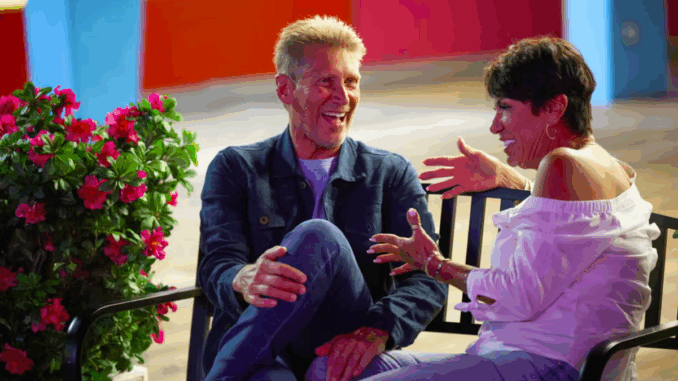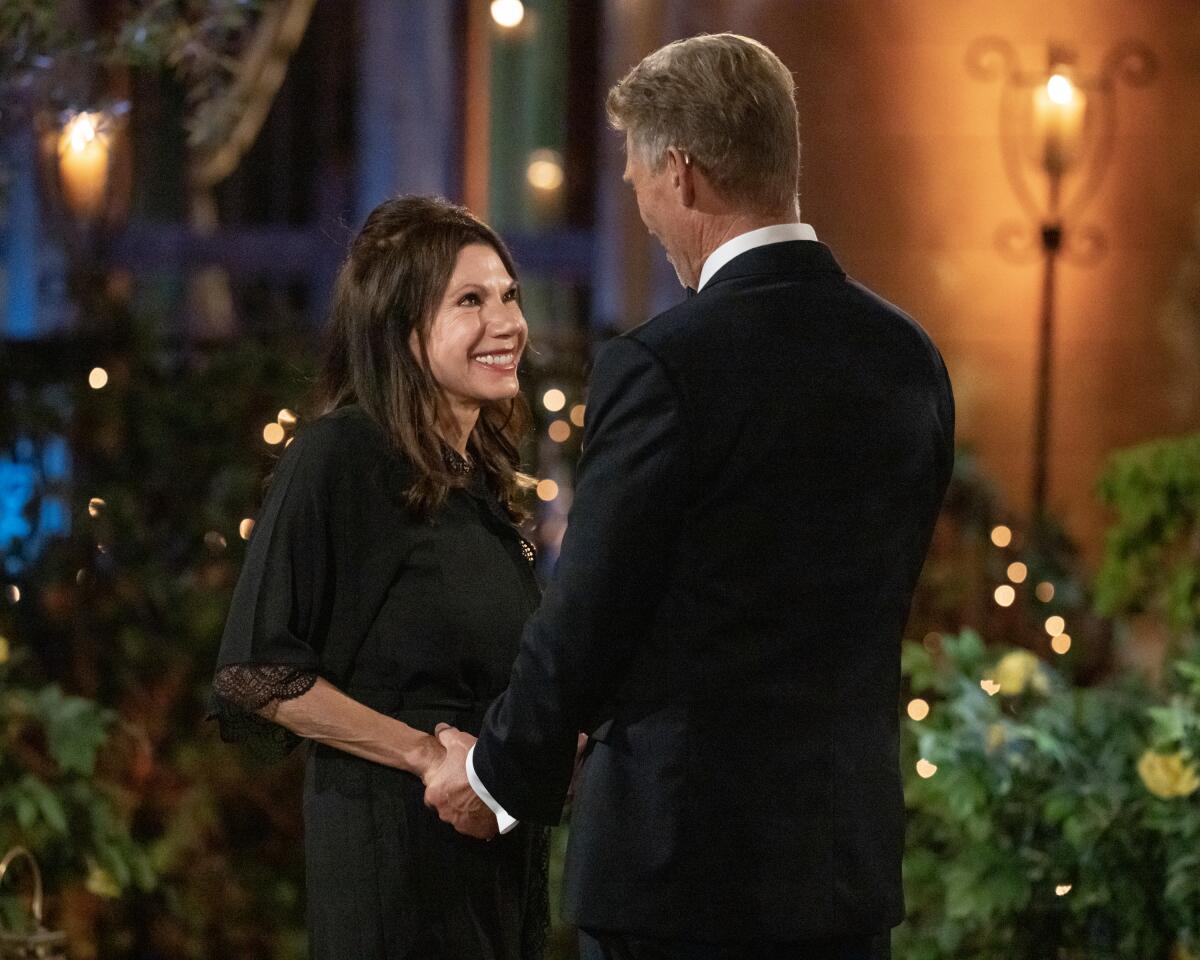
When The Golden Bachelor premiered in 2023, it was marketed as a novelty — a rose-filled twist on the long-running Bachelor franchise, only with senior citizens. But what audiences got was something far more profound. The show not only broke records and captured hearts, it also quietly revolutionized how reality television depicts aging, romance, and emotional authenticity.
Now, in 2025, its impact continues to ripple through pop culture, social conversations, and even network television planning. As ageism in entertainment remains a pressing issue, The Golden Bachelor became a rare mainstream platform where silver hair and second chances were celebrated — not sidelined.
The Premise That Changed Everything
When 72-year-old Gerry Turner stepped out of the limo as the first “Golden Bachelor,” few expected the widowed grandpa from Indiana to become a national sensation. But his genuine vulnerability, soft-spoken charm, and thoughtful approach to love made him instantly likable — not just to the 22 women vying for his heart, but to millions watching at home.
The women, ranging in age from their late 60s to early 80s, defied stereotypes too. They were elegant, vibrant, funny, and open — not caricatures of aging, but living proof that growth, grief, and romance don’t stop with youth.
More importantly, The Golden Bachelor never treated age as a punchline. It gave space to real conversations about loss, health, loneliness, companionship, and sexual desire — topics that reality dating shows typically avoid or sensationalize.
A Cultural Moment That Felt Surprisingly Honest
From the start, The Golden Bachelor tapped into something deeper than its predecessors. Episodes weren’t dominated by drama or manipulation, but by long walks, tearful reflections, and soft-spoken confessions under the stars.
And audiences noticed.
Many viewers — especially middle-aged and older women — felt seen on-screen for the first time in years. A Nielsen report revealed that viewership among adults 55+ skyrocketed during the season, even as younger viewers tuned in out of curiosity and stayed for the authenticity.
Critics who once rolled their eyes at the Bachelor franchise found themselves rooting for Gerry, weeping during Faith’s emotional hometown date, and discussing grief with surprising openness.
The magic of The Golden Bachelor wasn’t in its format — it was in its tone. Kindness, patience, and lived experience replaced the brash competitiveness of earlier seasons. And in doing so, the show modeled something radical: emotional maturity as a desirable, sexy trait.
Breaking the Age Barrier on Reality TV
Historically, reality dating shows have been obsessed with youth. From Love Island to The Bachelor, the median age of contestants is often below 30, and older participants are relegated to “special edition” gimmicks, if included at all.
But The Golden Bachelor proved that older people can be compelling, complex leads — with decades of stories to tell. More importantly, it showed that the audience is hungry for these stories.
Since its debut, several networks have begun piloting similar age-diverse dating or docuseries projects. AARP partnered with streaming services to fund “age-positive” content. CBS greenlit a reality competition series featuring contestants over 60. Even dating apps saw an increase in older users citing The Golden Bachelor as an influence on why they returned to romance.
The Gerry Turner Backlash and the Limits of the Fantasy
Of course, not all of The Golden Bachelor’s legacy has been smooth.
When Gerry Turner and Theresa Nist announced their engagement — and then their wedding on live TV — it felt like a fairy tale. But just three months later, in April 2024, the couple announced their divorce, sending shockwaves through the fandom.
Critics accused the show of manipulating emotions or rushing love. Others argued the pressure of the spotlight was simply too intense, especially for older contestants not used to fame.
While the divorce tarnished the “happily ever after” narrative, it also humanized the experience. Love at any age is complicated. The fact that Gerry and Theresa’s story didn’t end with the final rose doesn’t negate its value — if anything, it reaffirmed that relationships, even in later life, are real, raw, and unpredictable.
Creating Space for the Golden Years — Onscreen and Off

Since The Golden Bachelor, conversations about aging in America have taken a more personal tone. Viewers began posting tributes to their parents and grandparents, sharing their own stories of finding love later in life, and advocating for broader representation in media.
Former contestants like Faith Martin and Susan Noles have gained loyal followings, not just for their time on the show, but for continuing to share their lives with humor and grace.
And most importantly, producers behind The Bachelor franchise have confirmed a spinoff is in active development: The Golden Bachelorette — a female-led season that could premiere as early as 2025.
This next chapter is not only expected to further the conversation about age and love, but also shift the gender dynamics that often dominate mainstream dating shows.
Final Rose, Enduring Legacy
Two years after its debut, The Golden Bachelor has achieved something remarkable: it made aging visible and valuable on national television. It didn’t just entertain; it taught. That love, grief, excitement, and awkward first kisses don’t have an expiration date.
In a culture that often discards older people, The Golden Bachelor proved they still have stories to tell — and that we’re all better off when we listen.